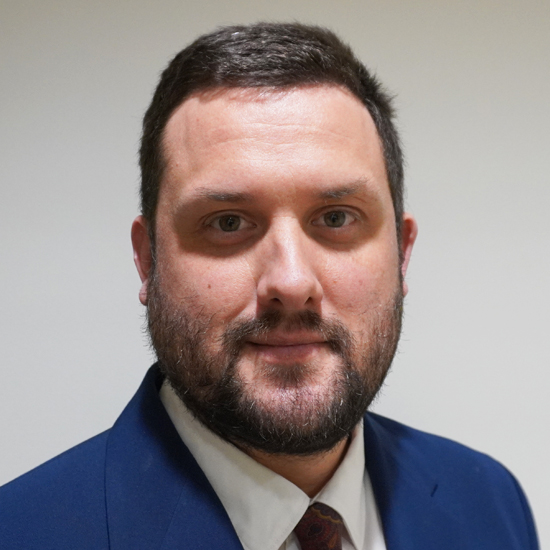Radiology
Radiology is a specialty that uses different types of medical imaging to diagnose and monitor a range of conditions.
What is radiology?
Using the latest technological advances in scanning, our radiology specialists ensure rapid diagnosis of your condition, providing a seamless route to treatment and recovery.
Radiology is a specialty that uses medical imaging to diagnose and treat injuries and conditions of all parts of the body.
Our radiologists are trained to interpret medical images, and they work hand-in-hand with consultants across different specialties to ensure the most accurate diagnosis and the best care possible.
Angiography is used to demonstrate blood flow within major blood vessels.
A DEXA (dual energy X-ray absorptiometry) scan uses X-ray and a computer to measure bone density.
Your doctor may recommend a bone density scan if you have fractured a bone after only a minor fall or bump, or you are in a high-risk group for osteoporosis.
A computed tomography (CT) scan uses X-ray and computer software to create detailed images of inside your body. It is sometimes also known as a CAT scan.
CT scans are used to diagnose and monitor many different conditions, including cancer, damage to bones, and stroke.
Mammography, also known as breast screening or breast X-ray, is used to detect changes that have occurred in a woman’s breast.
A mammogram is produced by passing a type of radiation through the body, in the same way as with other X-rays. The image that is produced from breast screening can show up changes in breast tissue.
MRI scan
Magnetic resonance imaging (MRI) is a type of scan that uses magnets and radio waves to produce images of the inside of your body. It is used to help monitor and diagnose many different medical conditions.
At Cromwell Hospital, our MRI scanners can carry out a full body scan 30% faster than most machines. You can also choose your own lighting, wall images, and music to help you feel relaxed and comfortable during the procedure.
Find out more about MRI scans >
MRI with contrast
An MRI with contrast uses an injection of a contrast agent (dye) to help highlight your blood vessels, organs, and soft tissues in greater detail.
Nuclear medicine involves injecting a substance into the body called a radio-isotope, which highlights abnormally functioning areas of the body.
Orthopantomography provides a panoramic view of the upper and lower jaws including teeth, nerve roots, and associated structures. It is used for assessing wisdom teeth and general oral health.
There are two parts to this type of scan – a PET scan and a CT scan. Both are carried out at the same time.
A PET scan shows how the tissues and organs inside your body are working, while a CT scan uses X-ray and a computer to create a detailed 3D picture.
Stereotactic biopsies are targeted imaging to find the accurate location of a breast lump and take sample cells from the area.
Ultrasound scans use high frequency sound waves to create images of internal organs such as the stomach, heart, tendons, muscles, joints, and blood vessels.
Doppler ultrasound is used for the scanning of veins and arteries.
X-ray scans produce detailed images of the body using a type of harmless radiation, similar to light. They can be used to both diagnose and monitor health conditions.
Private radiologists in London
Showing 1-6 of 39

Dr Robert Pearce
Consultant Radiologist
Clinical radiology, Musculoskeletal

Dr Triet Hoang
Consultant Radiologist
Clinical radiology, Breast radiology

Dr Paul Humphries
Consultant Radiologist
Clinical radiology, Paediatric radiology

Professor Wladyslaw Gedroyc
Consultant Radiologist
Clinical radiology

Dr Ayshea Hameeduddin
Consultant Radiologist
Clinical radiology, General ultrasound, Uroradiology

Dr Nicola Mulholland
Consultant in Nuclear Medicine and Radiologist
Nuclear medicine

Dr Michael King
Consultant Radiologist
Clinical radiology

Dr Cheng Fang
Consultant Radiologist
Clinical radiology, Gastrointestinal/hepatobiliary radiology

Professor Kyriakos Lobotesis
Consultant Neuroradiologist
Clinical radiology

Dr Nigel Barrett
Consultant Radiologist
Clinical radiology

Dr Adam Mitchell
Consultant Radiologist
Clinical radiology, Musculoskeletal ultrasound, Musculoskeletal

Professor Sujal Desai
Consultant Radiologist
Clinical radiology

Dr Roger Chinn
Consultant Radiologist
Clinical radiology

Dr Ben Ariff
Consultant Radiologist
Clinical radiology

Professor Mohamad Hamady
Consultant Interventional Radiologist
Clinical radiology

Dr Teresa Szyszko
Consultant Radiologist
Clinical radiology
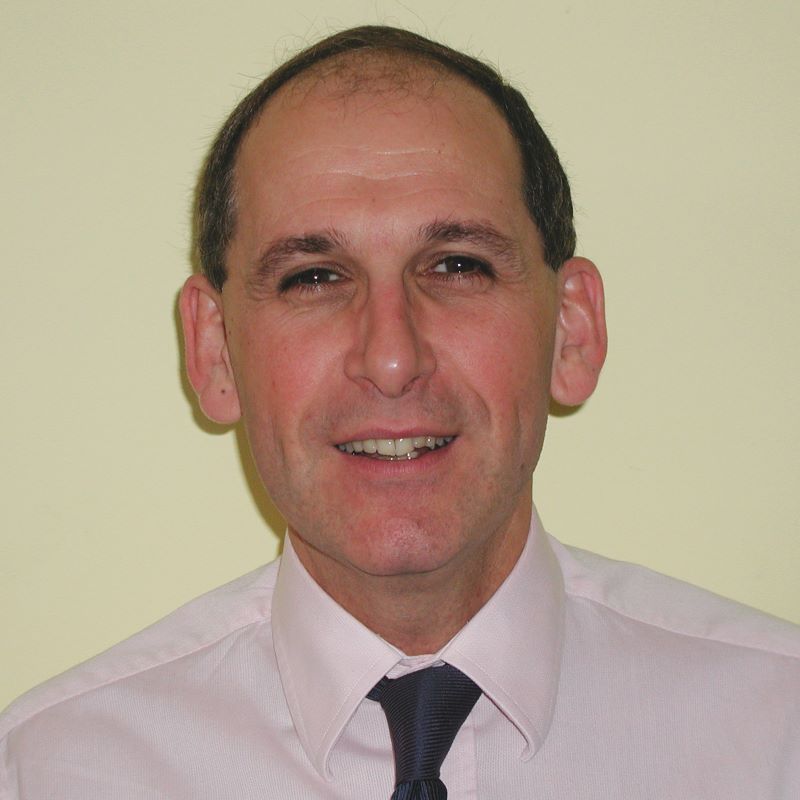
Professor John Karani
Consultant Radiologist
Clinical radiology

Dr Dominic Blunt
Consultant Radiologist
Clinical radiology
Dr Aneeta Parthipun
Consultant Radiologist
Clinical radiology, Interventional radiology
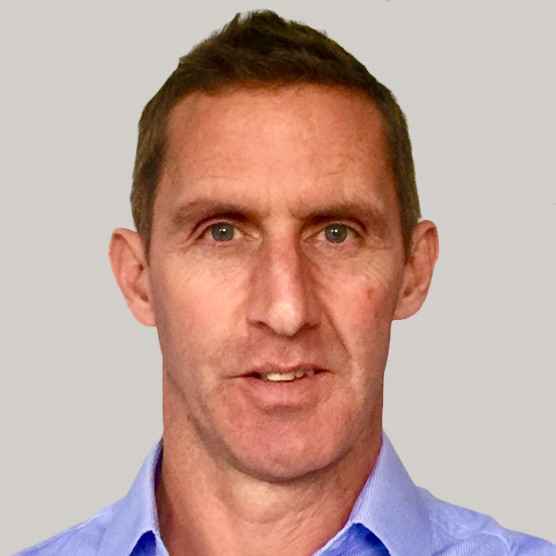
Dr Nicholas Burfitt
Consultant Radiologist
Clinical radiology
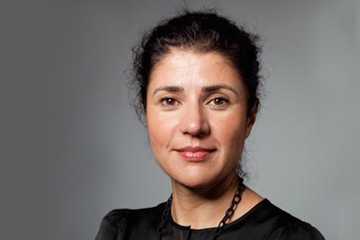
Dr Gitta Madani
Consultant Radiologist
Clinical radiology, Head & neck radiology

Dr Amrish Mehta
Consultant Neuroradiologist
Clinical radiology, Paediatric radiology

Dr Dean Huang
Consultant Diagnostic and Interventional Radiologist
Clinical radiology, Uro-radiology, Vascular Radiology, Interventional radiology

Dr Kshitij Mankad
Consultant Neuroradiologist
Clinical radiology, Neuroradiology, Paediatric radiology
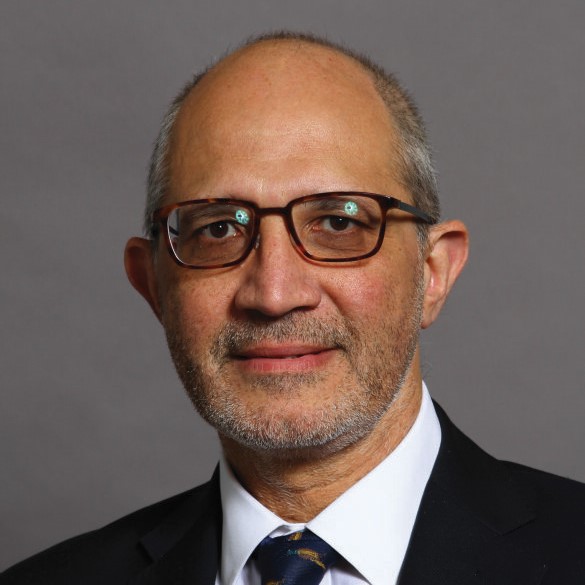
Professor Paul Sidhu
Consultant Radiologist
Clinical radiology

Dr Dylan Lewis
Consultant Radiologist
Clinical radiology

Dr Katherine Miszkiel
Consultant Neuroradiologist
Clinical radiology

Dr Syed Sohaib
Consultant Radiologist
Clinical radiology

Dr Gajan Rajeswaran
Consultant Radiologist
Clinical radiology, Musculoskeletal

Dr Farhad Aref-Adib
Consultant Radiologist
Clinical radiology, Breast radiology

Dr Matthew Adams
Consultant Radiologist
Clinical radiology

Dr Penelope Shaw
Consultant Radiologist
Clinical radiology, Paediatric radiology

Dr Henry Tam
Consultant Radiologist
Clinical radiology
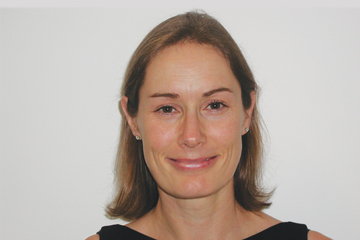
Dr Pauline Kane
Consultant Radiologist
Clinical radiology

Dr Keshthra Satchithananda
Consultant Radiologist
Clinical radiology
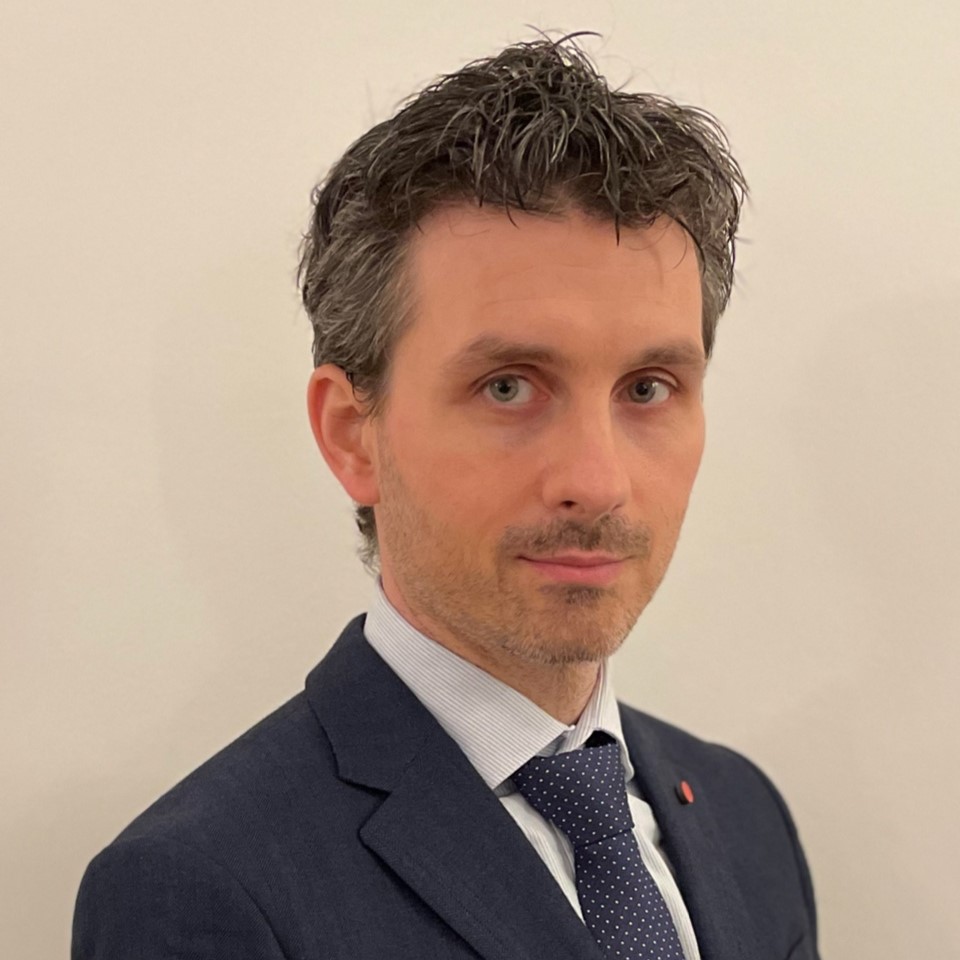
Dr Emmanouil Astrinakis
Consultant Radiologist
Clinical radiology, Musculoskeletal
Paying for your treatment
We welcome both self-paying and insured patients.
Self-pay patients
We offer several ways for patients to self-pay, including pay-as-you-go, flexible payment options, and self-pay packages.
Insured patients
At Cromwell Hospital, we accept private health insurance from most major providers, including AXA, Aviva, Bupa, and Vitality.
Our locations
Please note, Basinghall Clinic may not provide all the services listed on this page.


Book an appointment today
Call us now for appointment bookings, general queries, and personalised quotes.
Alternatively, you can contact us using our online form.


